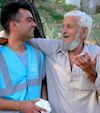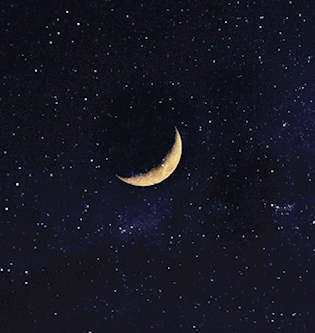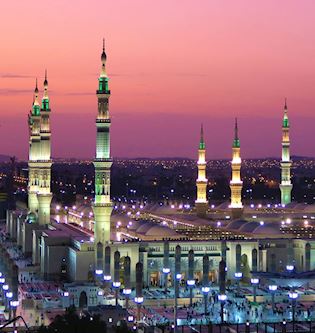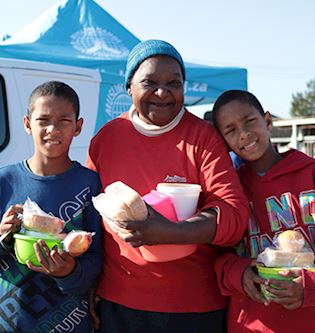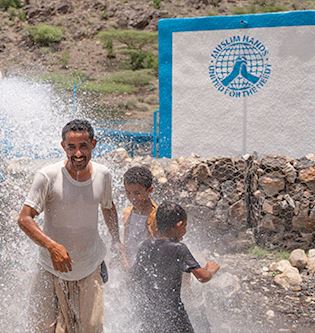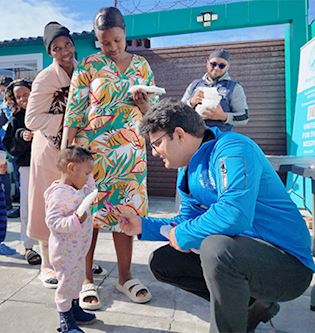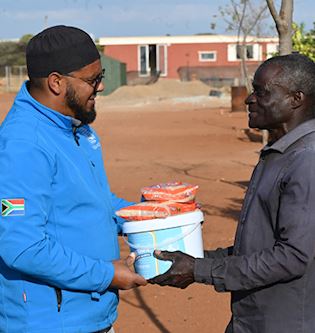The significance of Rabi-ul-Awwal
Why is Rabi-ul-Awwal important to Muslims?
Muslims consider Rabi-ul-Awwal to be significant because the following events took place during this month:
- The birth of the Prophet Muhammad (saw), the final Messenger to whom the Quran was revealed.
- The journey of Hijrah also took place in this blessed month, where the Prophet (saw) migrated from Makkah to Madinah. The Islamic calender is dated from this event.
- The demise of the Prophet (saw), on the 12th Rabi-ul-Awwal in the eleventh year of Islam.
Does Rabi-ul-Awwal have any special blessings?
Unlike the months of Ramadan and Dhul Hijjah, the month of Rabi-ul-Awwal does not have any special recommendations for Salah, fasting or Thikr. However, the significant events that took place in Rabi-ul-Awwal make it a blessed month in Islam.
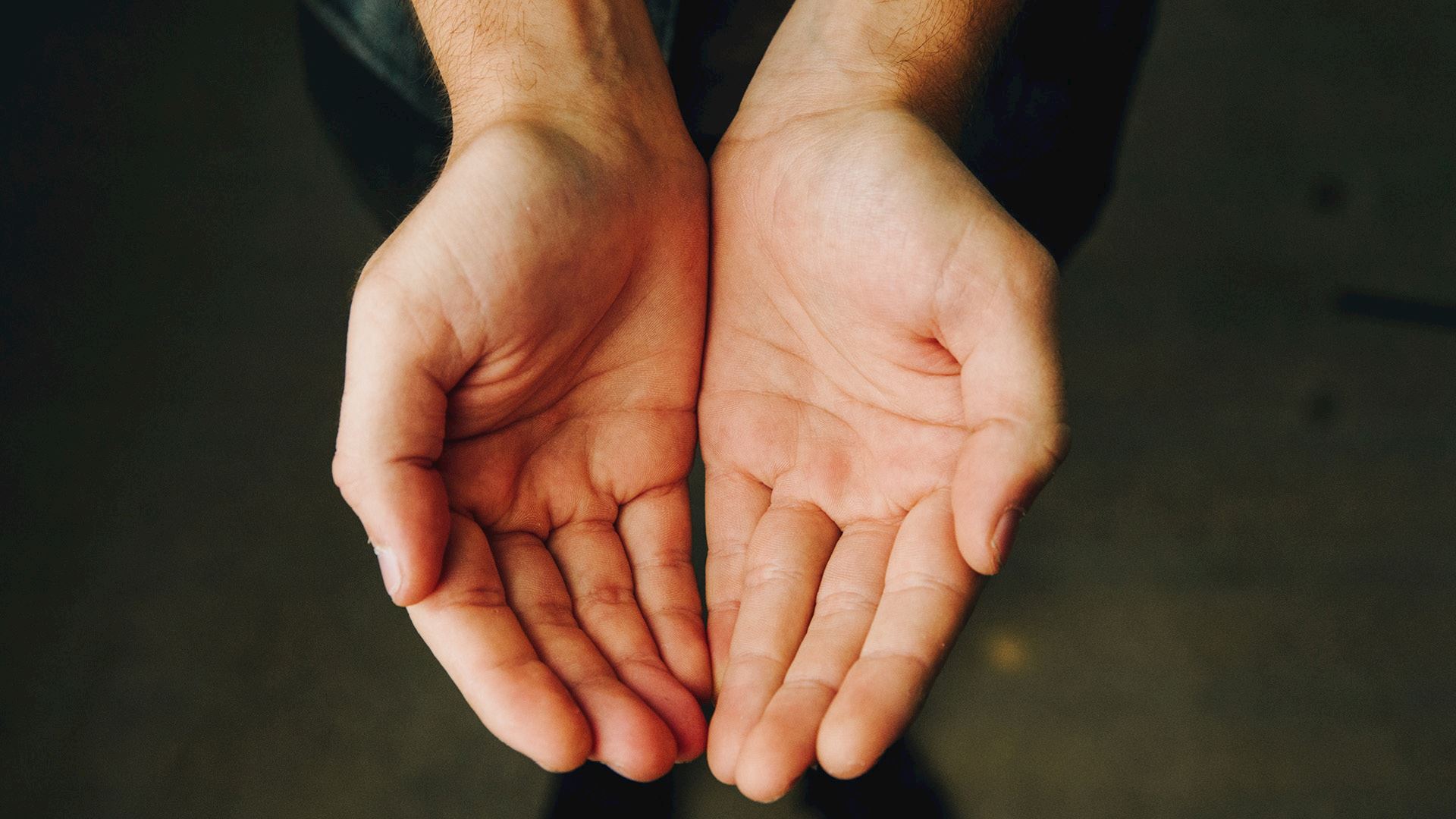
Allah SWT chose the month of Rabi-ul-Awwal for the birth and demise of the Messenger (saw). Therefore, we should try and reflect upon the teachings of the Prophet (saw) and incorporate his Sunnah practices into our lives.
Events that took place during Rabi-ul-Awwal
1. Birth of the Prophet Muhammad (saw)
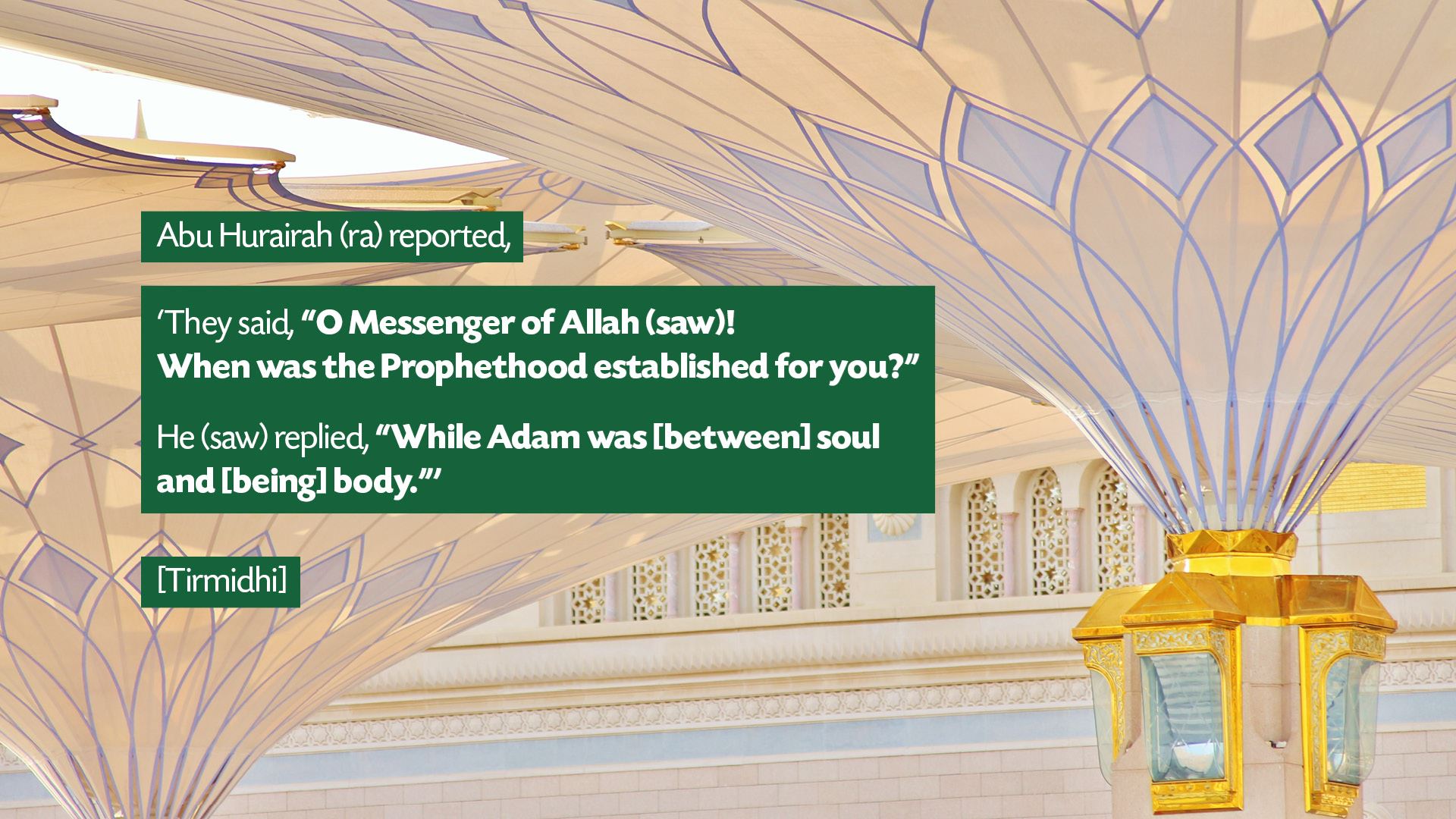
The Prophet (saw) was born in Makkah on a Monday in Rabi-ul-Awwal, (narrations differ on the exact date).
The Prophet’s (saw) birth was anticipated for a long time, such that Isa (as) had mentioned it to his people five centuries earlier:
‘“And remember when Isa, the son of Maryam, said, “O Children of Israel! I am the Messenger of Allah [sent] to you, confirming the Torah (Law) [which came] before me, and giving glad tidings of a Messenger to come after me, whose name shall be Ahmad”’. (Qur’an, 61:6)
Prophets Ibrahim (as) and Ismail (as) had also prayed for the arrival of the Prophet (saw) when rebuilding the Ka’aba:
“Our Lord, send among them a messenger from themselves who will recite to them Your verses and teach them the Book and wisdom and purify them. Indeed, You are the Exalted in Might, the Wise.” (Qur’an, 2:129)
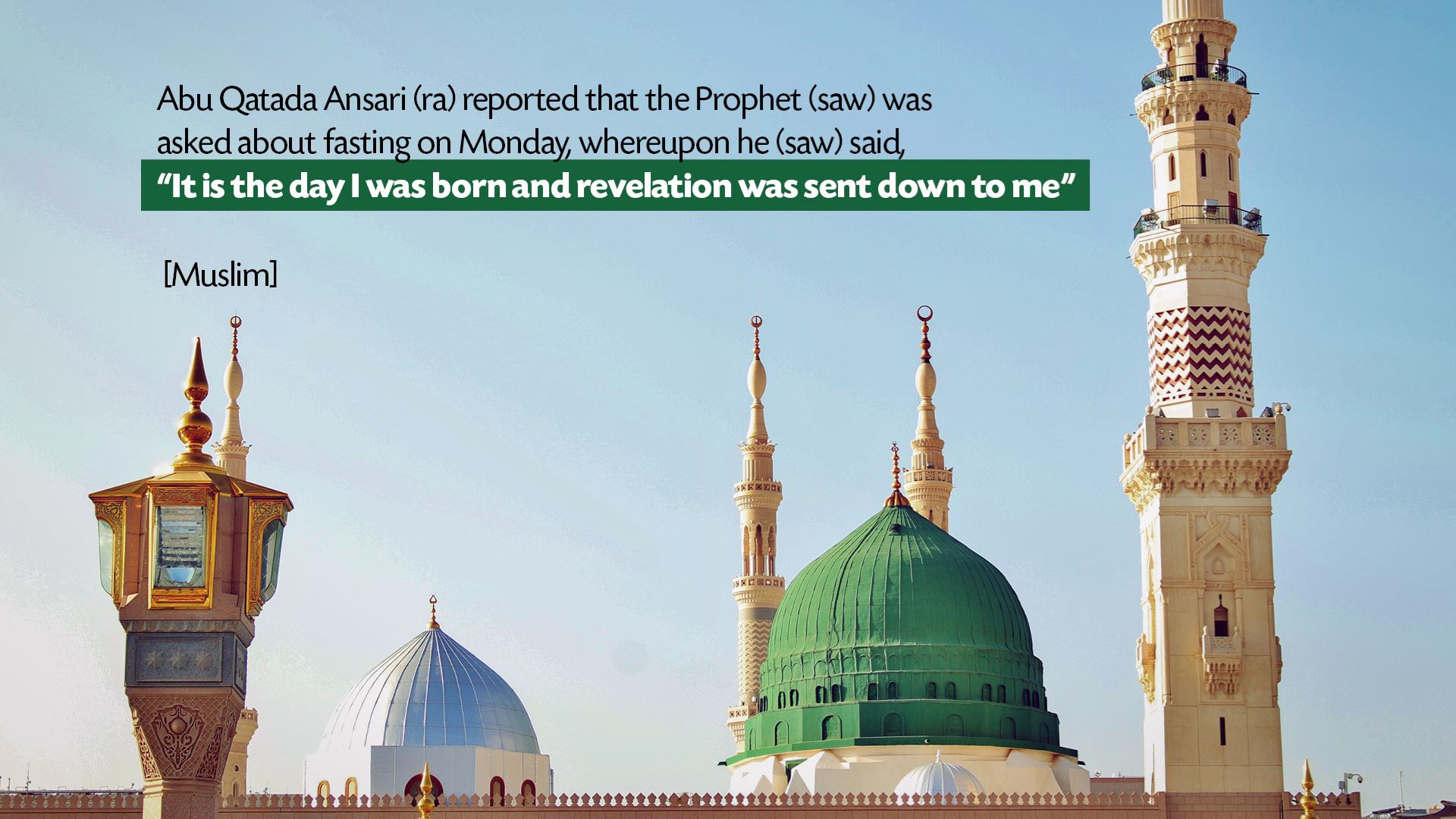
There were many miracles surrounding his birth. Aaminah, the Prophet’s (saw) mother, was conscious of a light within her when she was pregnant, such that one day it shone so intensely that she could see the castles and palaces in Syria. [Ibn Ishaq]
Halimah, the foster mother to the Prophet (saw), also witnessed miracles when she fostered him: her bosom would overflow with milk, their old she-camel would overproduce milk such that her udders were always full and this carried on for the whole period that the Prophet (saw) lived with her.
2. The journey of Hijrah took place in Rabi-ul-Awwal
The Prophet (saw) alongside Abu Bakr (ra) emigrated from Makkah to Madinah, and this journey marked the start of the Islamic calender. The Islamic year is denoted ‘AH’ which means ‘After Hijrah’.
Umar (ra) said, “The Hijrah has separated truth from falsehood, so calculate dates from it” [Ibn Hajar]
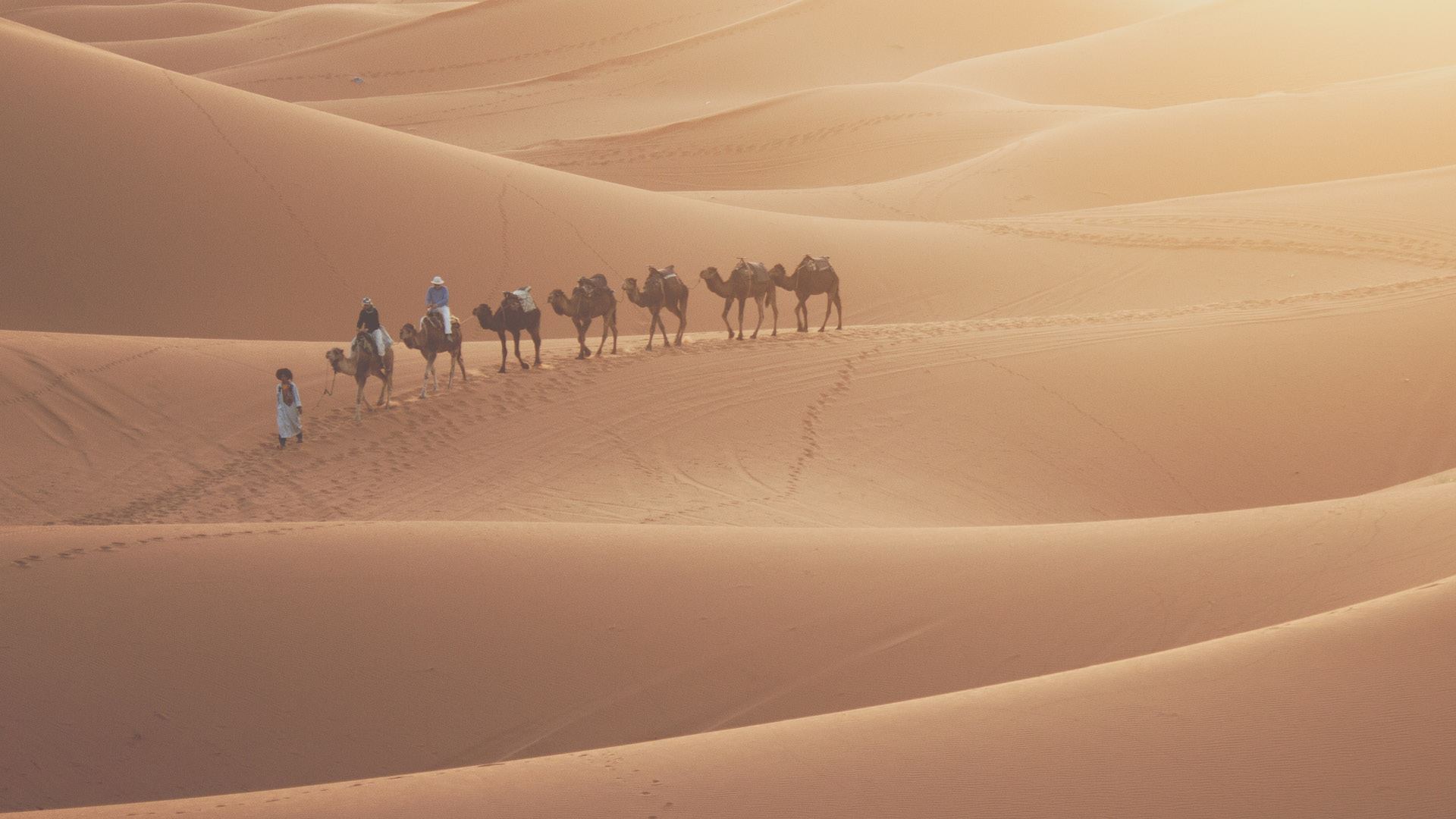
Hijrah marked the beginning of a new chapter for Islam, as the Prophet (saw) united the tribes of Yathrib, guiding them with kindness, wisdom, mercy and compassion. The first Masjid in Islam was also built in Rabi-ul-Awwal in Quba, a town near Madinah.
3. Demise of the Prophet (saw)
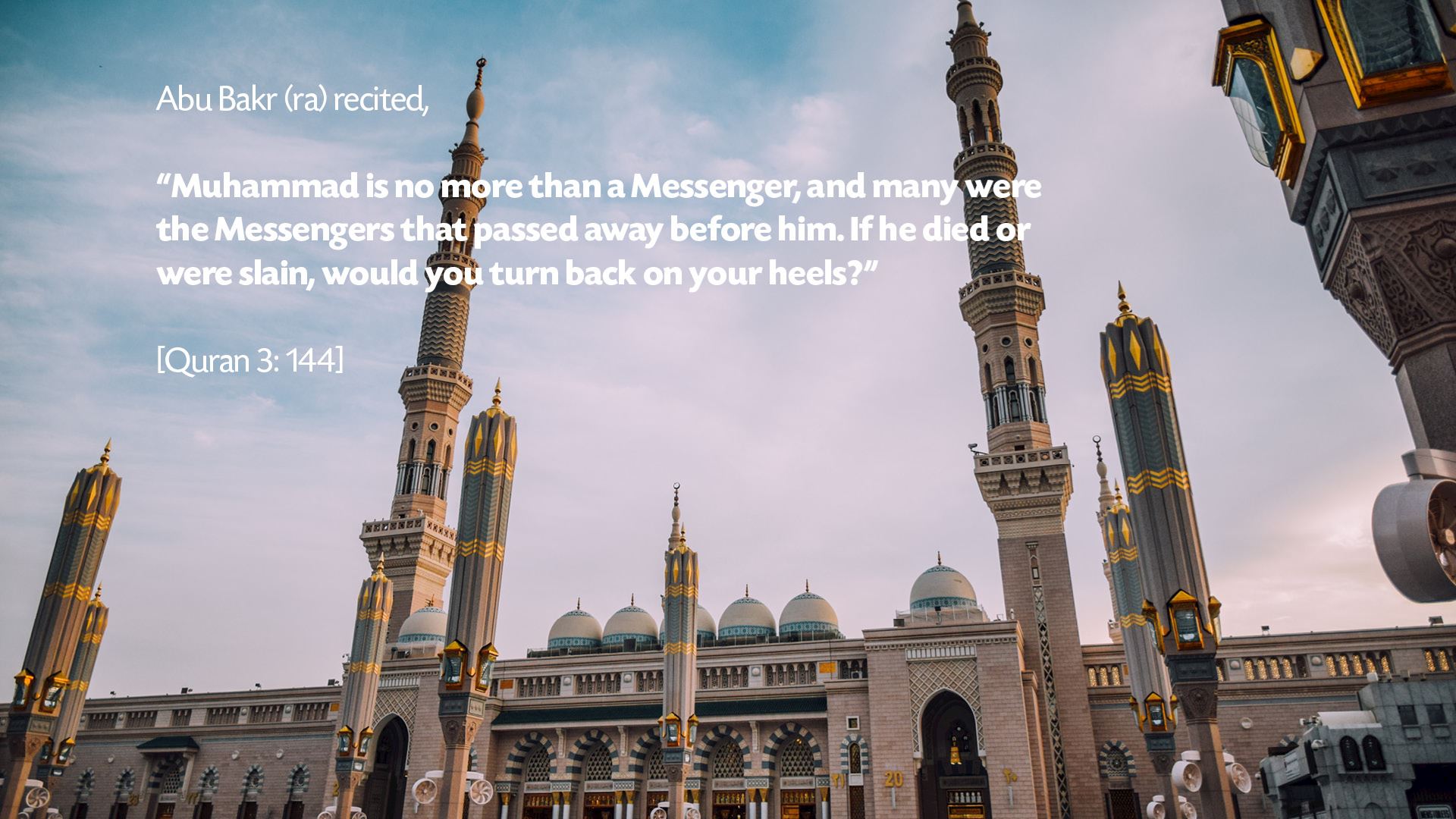
On Monday, 12th Rabi-ul-Awwal, in the eleventh year of Islam, the Prophet (saw) passed away.
A day or two before his death, he (saw) went to the Masjid and told the people from the pulpit, ‘There is a slave amongst the slaves of Allah to whom Allah has offered the choice between this world and that which is with Him, and the slave has chosen that which is with Allah’. He had been ill for a few days, and his family and closest friends knew that he (saw) would soon return to the Almighty.
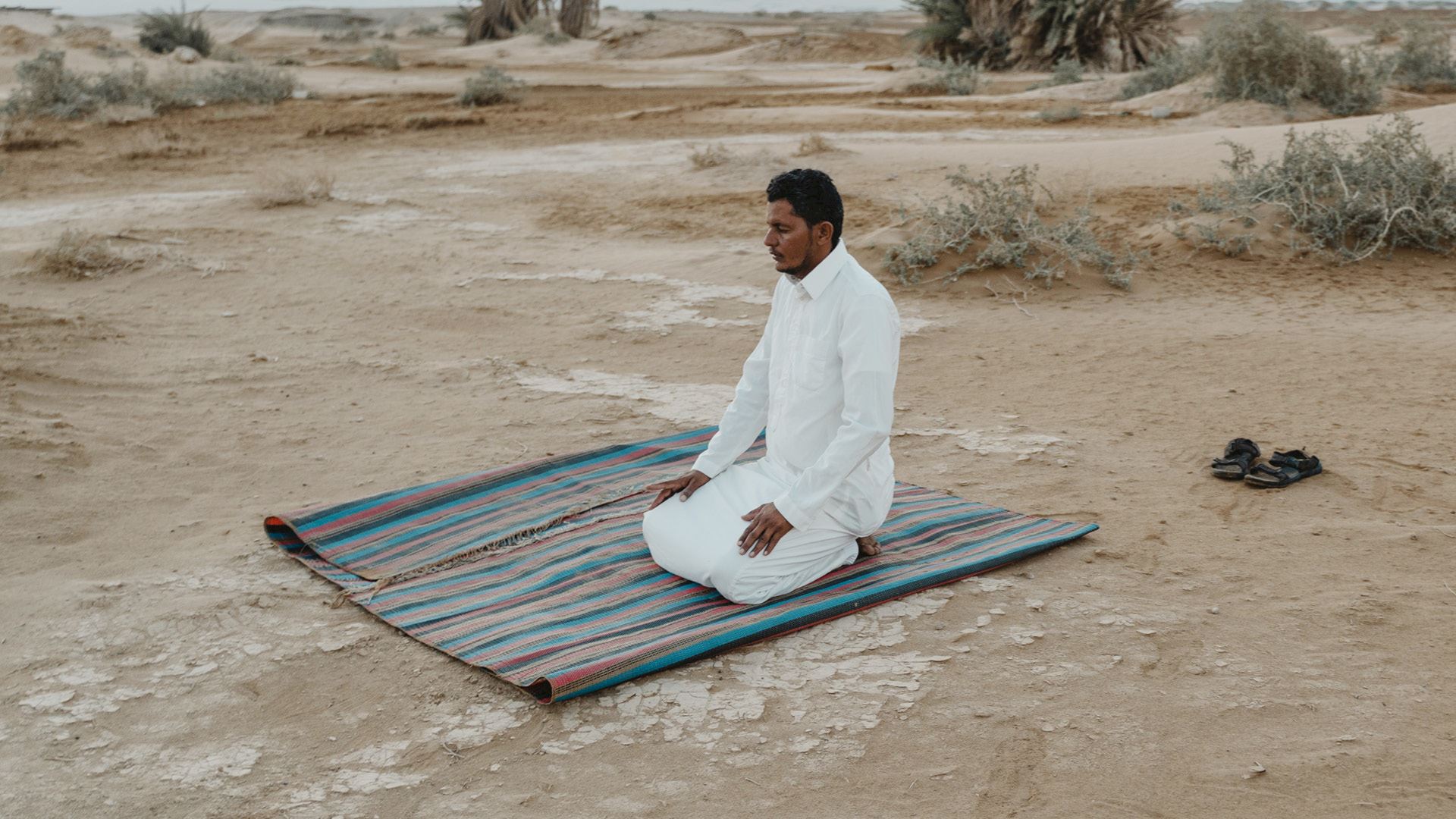
When he (saw) passed away, the Muslims were in great shock, some even refusing to believe that he (saw) was no more. Just a few hours before his death, he had gone into the Masjid and watched the people praying, and Anas (ra) later said, ‘I never saw the Prophet’s face more beautiful than it was at that hour’. It seemed impossible that he (saw) had passed away, and even Umar (ra), one of his closest Companions, was adamant that it was a lie.
Abu Bakr (ra), however, reminded the people that the Prophet (saw) was only a human Messenger, and he was not immortal. Abu Bakr (ra) said:
‘O people! If it was Muhammad whom you worshipped, then know that he is dead. But if it is Allah whom you worshipped, then know that He does not die’.
It was as if the people had not known of the revelation of this verse until Abu Bakr recited it that day. They took it from him, and it was on all their tongues. Umar (ra) said afterwards, ‘When I heard Abu Bakr recite that verse, I was so astounded that I fell to the ground. My legs would no longer carry me, and I knew that Allah’s Messenger had died’.
Since the Prophet Muhammad (saw) is beloved to all Muslims, it is natural for us to mourn the Prophet’s (saw) death, and to feel great sadness at his loss.
The importance of loving the Prophet Muhammad (saw)

The month of Rabi’-ul-Awwal is a good time to remind ourselves of the place of the Prophet (saw) in our lives, and revive and strengthen our connection with his noble teachings: such as visiting the sick and elderly, giving charity to help the poor, feeding the hungry and having good character.
‘The Prophet is closer to the believers than their own selves’. (Qur’an, 33:6)
Increase your Quranic recitation, make effort to understand the Quran and implement the Sunnah practices into your daily routines. He (saw) was the best example for mankind and this Rabi-ul-Awwal, we should take the opportunity to reflect and incorporate his teachings and habits into our lifestyles.





